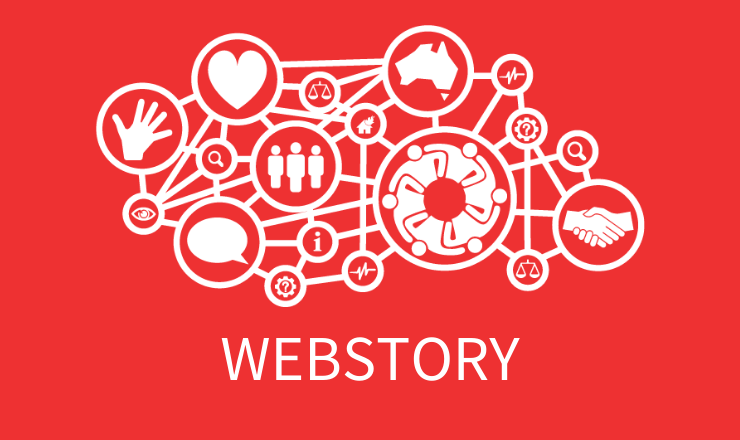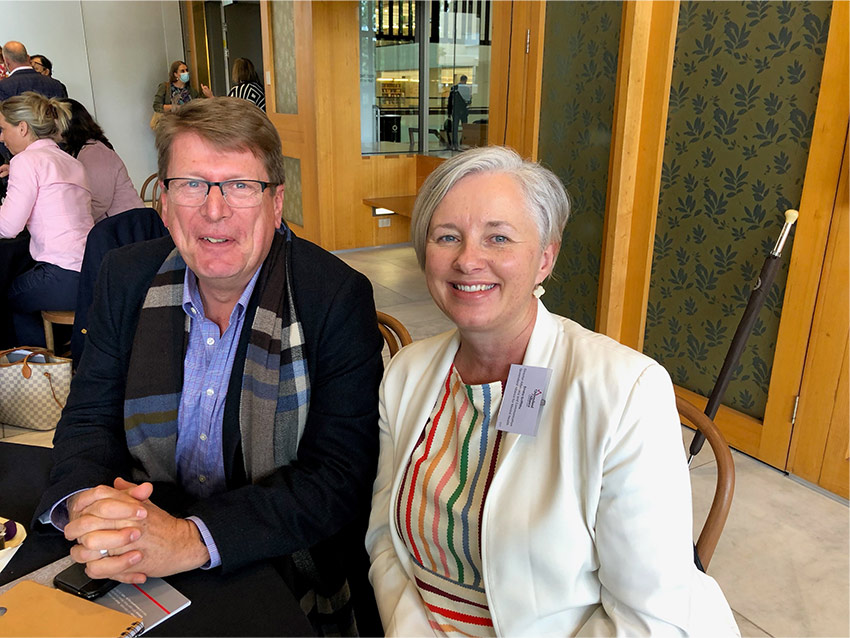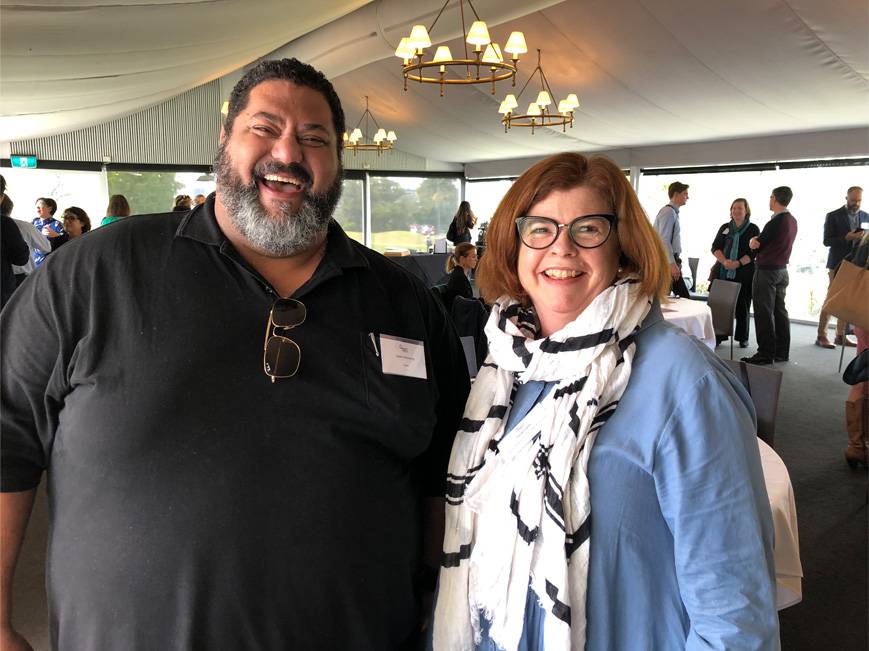In May we raise awareness of Domestic and Family Violence (DFV) Prevention. The aim is to highlight the social, physical and personal impacts of domestic and family violence in the community.
QAMH wanted to take the opportunity to highlight the issues and reiterate the importance of working together to end violence in the home all year round.
Queensland Alliance for Mental Health Chief Executive Officer Jennifer Black said that we all play a part in early intervention and prevention of Domestic and Family Violence.
“Domestic and Family Violence can occur in any household and it is about recognising that is does affect women, men, people of all ages, faiths and background throughout Queensland,” she said.
“Prevention and Early Intervention is paramount in eradicating violence from the home and in doing that we must encourage and promote respectful relationships and non-violent behaviours throughout the community, at school, local sporting centres and in the workplace.
The Queensland Government continues to take action to end domestic and family violence. The Domestic and Family Violence Prevention Strategy 2016-2026 was developed as a vehicle for change across all sectors within Queensland, ours being one of them.
Minister for the Prevention of Domestic and Family Violence Di Farmer said a range of activities – many grant-assisted – had been lined up across the state to help raise awareness of domestic and family violence at a local level and to show support for community members affected by this violence.
“COVID-19 has meant that many of these activities are now being held virtually while others have been postponed but it is more important than ever that we tackle this insidious violence with COVID-19 creating a unique set of challenges for victims that are well over and above those that they already experience,” she said.
“Now more than ever social isolation means victims are at home more with perpetrators, and there may be additional pressures including job worries, financial pressure and general anxiety about the future.
“During this month let us all say not now, not ever to violence in our communities as we work together to raise awareness and let victims know they are not alone and that support and help is available to them.”
The unseen impacts of the COVID-19 pandemic mean it is more important to ensure that vulnerable children are okay and that their needs are being met.
“During times of crisis, children living in out-of-home care are particularly vulnerable to an increase in depression, anxiety and mental health issues that come with being isolated,” Ms Farmer said.
The Queensland Police Service has released an online reporting mechanism for reporting domestic and family violence for any person who is isolating due to COVID-19. The online portal can be accessed through this link.
More information about this, can be accessed here.
The Queensland Alliance for Mental Health is determined to be champions of change in this space with the help of our members, partners and the wider sector to ensure no man, woman or child is left behind so everyone can live a safe life, free from violence.
To find local services near you and programs, please see below.
Click here for the downloadable version
1800RESPECT
1800 737 732
24 hour national sexual assault, family and domestic violence counselling line for any Australian who has experienced, or is at risk of, family and domestic violence and/or sexual assault.
Call toll-free 1800 737 732.
Lifeline
13 11 14
Lifeline has a national number who can help put you in contact with a crisis service in your State.
Anyone across Australia experiencing a personal crisis or thinking about suicide can call 13 11 14.
Mensline Australia
1300 789 978
Supports men and boys who are dealing with family and relationship difficulties. 24/7 telephone and online support an information service for Australian men.
Call 1300 789 978 for help.
Kids Help Line
1800 551 800
Free, private and confidential, telephone and online counselling service specifically for young people aged between 5 and 25 in Australia. Call 1800 551 800 for help.
Relationships Australia
1300 364 277
Support groups and counselling on relationships, and for abusive and abused partners.
To be connected to the nearest Relationships Australia, call 1300 364 277 (for the cost of a local call).
Aboriginal Family Domestic Violence Hotline
1800 019 123
Victims Services has a dedicated contact line for Aboriginal victims of crime who would like information on victims’ rights, how to access counselling and financial assistance.




 QAMH acknowledges the Traditional Custodians of the land on which we live, learn and work and recognise their continuing connection to land, waters and community. We pay our respect to them and their cultures; and to Elders past, present and emerging.
QAMH acknowledges the Traditional Custodians of the land on which we live, learn and work and recognise their continuing connection to land, waters and community. We pay our respect to them and their cultures; and to Elders past, present and emerging.